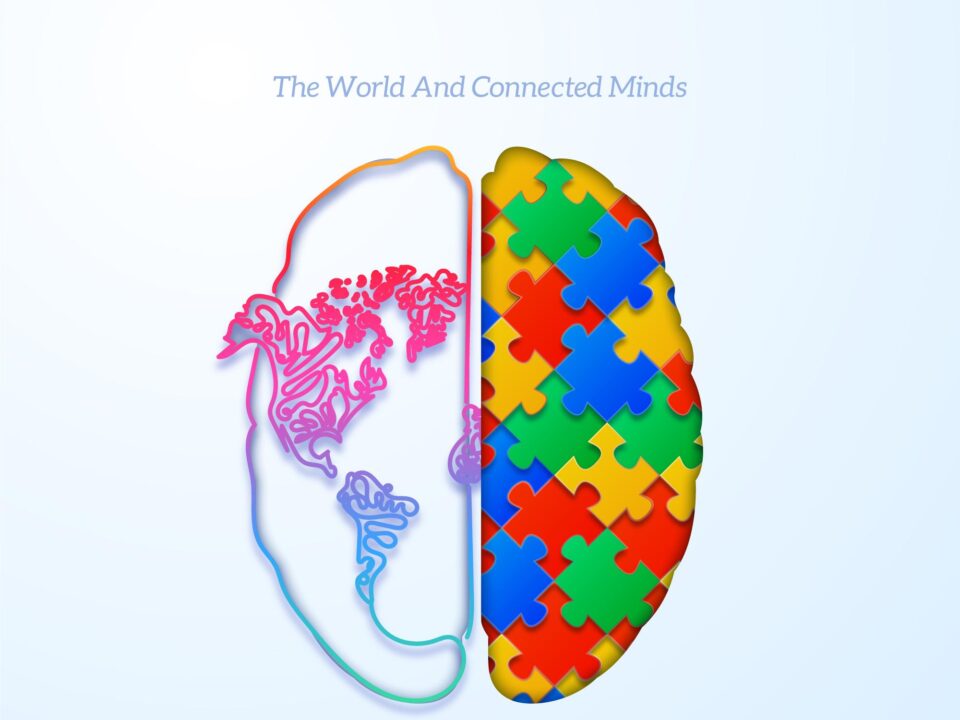
How Cannabis Can Help Treat Fibromyalgia: Benefits of CBD and THC
dezembro 10, 2024Alzheimer’s Disease: A Challenging Neurodegenerative Condition
Alzheimer’s disease is the most common form of dementia worldwide, affecting over 35 million people, especially those over the age of 65. It is a complex condition to diagnose, as its symptoms, such as memory loss and slower thinking, often resemble normal aging. Moreover, treating Alzheimer’s is challenging because many commonly used medications cause side effects and do not prevent or slow the progression of the disease.
Pain Associated with Alzheimer’s: An Added Challenge
In addition to neurological symptoms, many Alzheimer’s patients also report moderate to severe pain. However, due to cognitive dysfunctions, they struggle to express that they are in pain. This makes treatment more challenging as there is no effective therapy to alleviate these symptoms.
Cannabis as a Promising Alternative
Recently, cannabis has shown promise as an alternative treatment for Alzheimer’s disease. This is because the phytocannabinoids, such as CBD and THC, have neuroprotective and anti-inflammatory properties. When consumed, these compounds activate the endocannabinoid system, which plays an essential role in regulating brain functions.
Benefits of CBD and THC in Alzheimer’s Treatment
CBD is known for its anxiolytic and analgesic properties, which are crucial for Alzheimer’s patients who experience agitation, anxiety, and pain. THC, in addition to offering similar benefits to CBD, also helps in managing depression and stimulates appetite—conditions commonly affecting those with the disease.
Growing Scientific Research
Although there is limited evidence regarding other phytocannabinoids in the treatment of Alzheimer’s, scientific research is growing. Recent studies suggest that cannabinoids can be beneficial in pain management. A study published in Frontiers in Pharmacology highlights that exogenous cannabinoids, including THC, could be a promising adjunct therapy for clinical pain relief.
Real-Life Example: Cannabis Treatment
A real-world example comes from Ivo Suzin, diagnosed with Alzheimer’s at the age of 52. After beginning cannabis treatment, his quality of life improved significantly. His family even obtained legal permission to cultivate the plant and continue the treatment. This case led to the creation of the “Curando Ivo” association, which advocates for access to medicinal cannabis.
The Future of Cannabis in Alzheimer’s Treatment
The number of studies on cannabis and neuroscience has grown exponentially. From 2020 to 2021, there was a 17% increase in research, even during the pandemic. Neuroscience remains one of the most explored topics due to the large number of patients with neurodegenerative diseases.
True Wellness: A Path to Better Quality of Life
If you’re looking for natural and effective solutions to improve the quality of life for those affected by Alzheimer’s or chronic conditions, True Wellness offers tailored approaches to help manage symptoms. True Wellness works with cannabis-based treatments that are safe, effective, and designed to meet individual needs. Their experts can guide you in using medicinal cannabis as part of a comprehensive treatment plan to manage symptoms and enhance overall well-being.
Summary: Cannabis and Alzheimer’s
- Over 35 million people worldwide are affected by Alzheimer’s disease.
- Cannabis helps alleviate pain, depression, anxiety, and has neuroprotective properties.
- While scientific evidence is still growing, cannabis shows promise in treating Alzheimer’s symptoms.
- True Wellness offers personalized support for those interested in exploring the therapeutic potential of cannabis.
Alzheimer and Cannabis: A Promising Natural Treatment for Neurodegenerative Diseases
The Global Impact of Alzheimer’s Disease Alzheimer’s disease is the most common neurodegenerative disorder worldwide, affecting over 35 million people, particularly those aged 65 and older. This complex condition is often difficult to diagnose because its symptoms, such as memory loss and slower thinking, resemble those of normal aging. Moreover, treatment options are limited, as most medications fail to stop or slow disease progression and come with side effects. However, recent research is providing hope, with studies exploring innovative alternatives to manage or prevent Alzheimer’s disease—one of which is medicinal cannabis.
Cannabis and Alzheimer’s: A Neuroprotective Solution While Alzheimer’s disease results from neurotoxicity that impairs neuron activity and leads to neural death and degeneration, the two primary cannabinoids in cannabis—CBD and THC—offer neuroprotective, anti-inflammatory, and neurogenesis-promoting properties. This is because when cannabis compounds enter the human body, they activate the endocannabinoid system, which is responsible for several crucial functions in the nervous system.
How Cannabis Helps Alzheimer’s Patients Cannabis can not only help prevent or delay the onset of Alzheimer’s but also treat its symptoms. For instance, CBD is well-known for its anxiolytic and analgesic properties, which are beneficial for Alzheimer’s patients who often suffer from agitation, anxiety, aggressiveness, and pain. THC shares similar properties but is also effective against depression and helps stimulate appetite—two common issues faced by individuals with Alzheimer’s.
Scientific Evidence and Future Research While research on other cannabis cannabinoids in treating Alzheimer’s is still limited, the ongoing studies promise new insights into their potential. According to a study published in Frontiers in Pharmacology, cannabis receptors are found throughout the body, including in immune system cells. These receptors may play a significant role in pain management, as part of the endocannabinoid system, which helps restore balance in the body by working alongside other organs.
The Role of Cannabis in Pain Management The study further emphasized that, although endogenous cannabinoids may be necessary for regulating pain homeostasis, exogenous cannabinoids—such as THC—could serve as an adjunct therapy for clinical pain management. This opens up exciting possibilities for using cannabis as a complementary treatment for Alzheimer’s and other neurodegenerative conditions.
Real-World Impact: A Patient’s Journey Although scientific evidence on THC and CBD for Alzheimer’s is still evolving, there are real-world examples of patients benefiting from cannabis treatment. One such case is Ivo Suzin, diagnosed with Alzheimer’s at 52. Thanks to a cannabis-based treatment initiated by his son, Ivo’s quality of life significantly improved. His family even fought for legal permission to cultivate cannabis, forming the “Curando Ivo” association to advocate for the democratic access to medicinal cannabis.
The Growing Body of Research As the number of Alzheimer’s patients continues to rise, research into cannabis as a treatment for neurodegenerative diseases is accelerating. According to Kaya Mind’s data platform, the number of academic studies has grown exponentially, with a 17% increase between 2020 and 2021, even amid the pandemic. Neuroscience remains the primary focus of these studies, reflecting the growing global prevalence of neurodegenerative diseases.
Summary of Cannabis and Alzheimer’s:
- 35 million people affected by Alzheimer’s worldwide.
- Cannabis has neuroprotective, anti-inflammatory properties and can alleviate pain, depression, and anxiety, while stimulating neurogenesis.
- Scientific evidence is still emerging, but many patients are already reporting improvements in their symptoms.
At True Wellness, we are committed to exploring innovative natural treatments like medicinal cannabis for improving the quality of life of those affected by Alzheimer’s and other chronic conditions. Consult with our experts to learn more about how cannabis can be a part of your healthcare plan.
#Alzheimers #CannabisMedicine #CBD #THC #NeurodegenerativeDiseases #ChronicPainRelief #Neuroprotection #EndocannabinoidSystem #ResearchAndInnovation #TrueWellness



